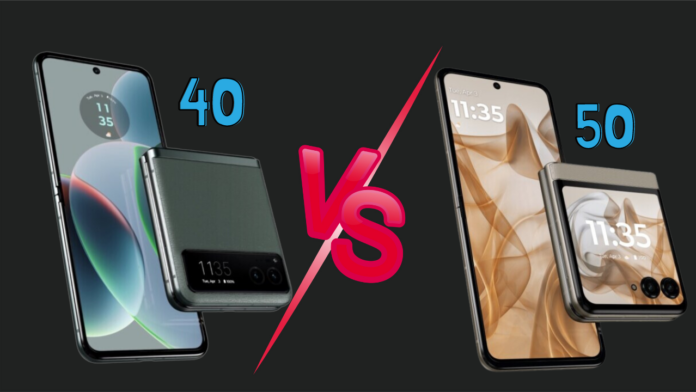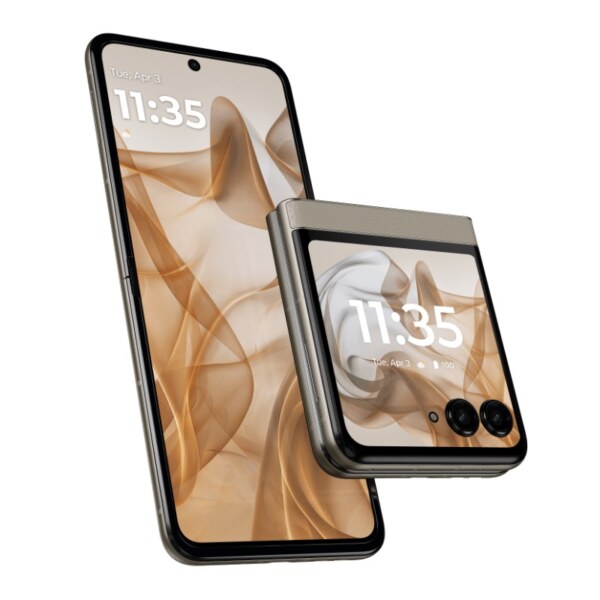Motorola has launched the Razr 50 in India at a starting price of Rs 64,999. However, with an introductory festive discount, the effective price has been reduced to Rs49,999. This makes the Razr 50 a competitive option in the foldable smartphone segment. On the other hand, the Razr 40, initially introduced at Rs59,999, has undergone price cuts, bringing it down to Rs44,999. Unfortunately, it is currently out of stock. Considering these price points and discounts, is the Razr 50 a compelling choice for those looking for a foldable phone? Let’s find out.
Motorola Razr 50 vs Razr 40: Design and Build Quality
The Motorola Razr 50 introduces a refined design with IPX8 water resistance, which offers protection against immersion in water up to 30 meters for an hour. The device is available in Koala Grey, Beach Sand, and Spritz Orange colours, with finishes including vegan suede and leather. It weighs 188 grams and features a robust Corning Gorilla Glass Victus front and a 6000 series aluminium frame.
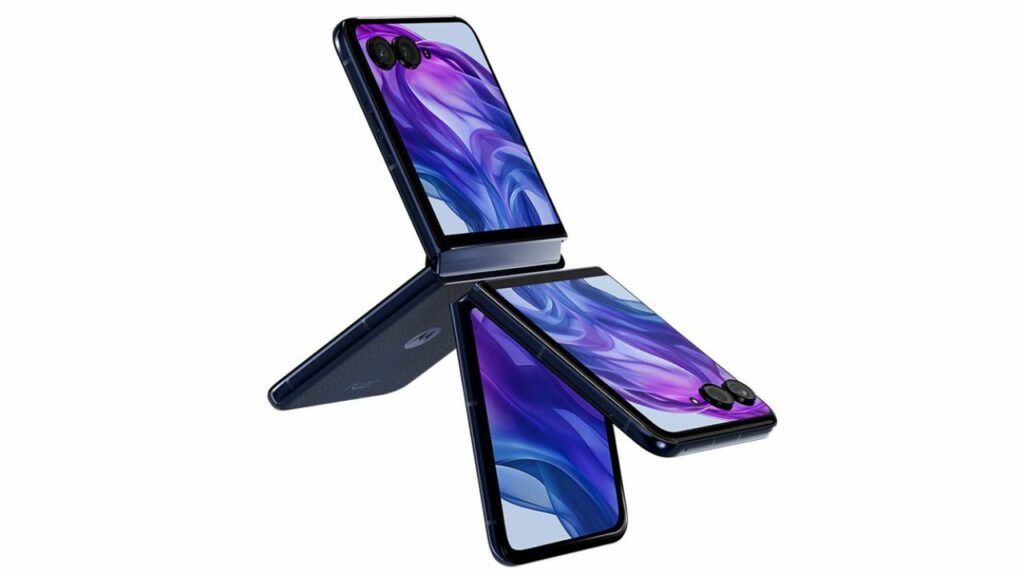
In comparison, the Razr 40, equipped with Gorilla Glass Victus and a durable aluminium frame, has an IP52 rating for dust and water resistance. This makes the Razr 50 a more resilient option against water, although the lack of dust protection may be a concern due to the foldable design’s vulnerability to particles.
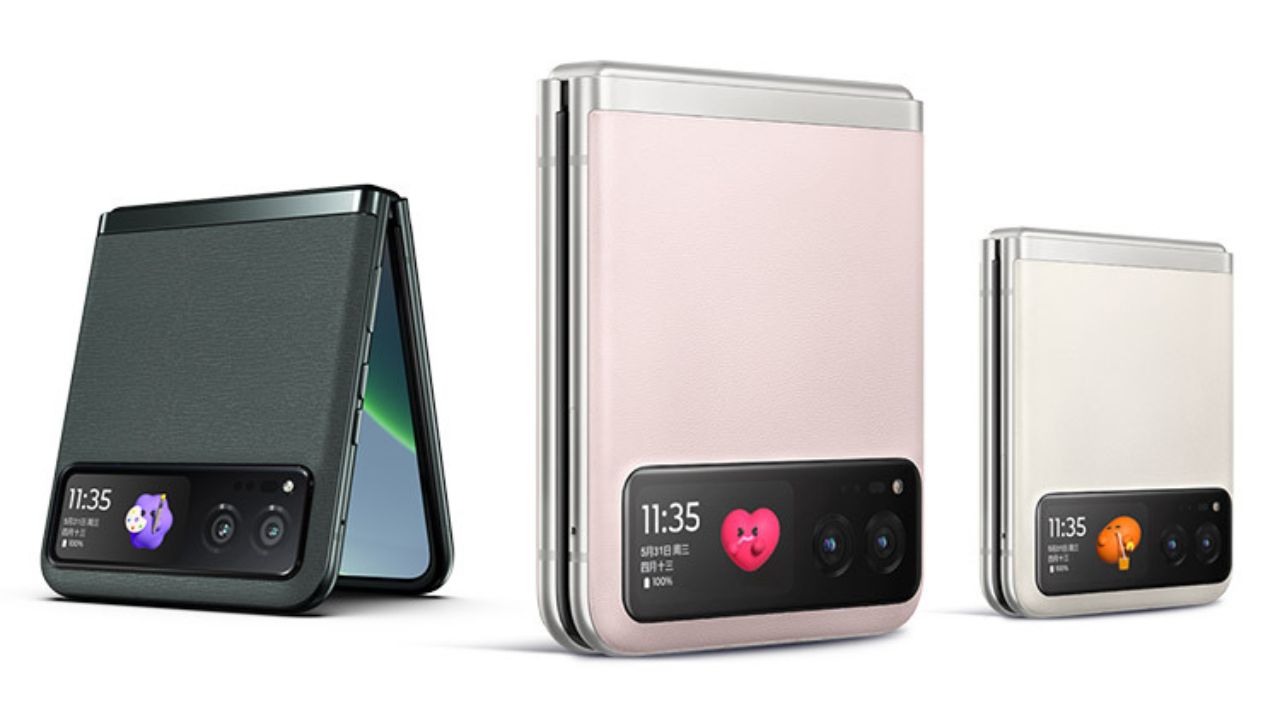
Motorola Razr 50 vs Razr 40: Display
The Razr 50’s display improvements are notable. It features a 6.9-inch LTPO pOLED flexible display with a 120Hz Refresh Rate and a peak brightness of 3000 nits. The cover display has also been upgraded to a 3.63-inch LTPS AMOLED panel with a 90Hz refresh rate and 1700 nits brightness. This is a significant step up from the Razr 40, which has a 6.9-inch LTPO pOLED display with a 144Hz refresh rate and a 1.5-inch AMOLED cover display. The Razr 50 offers a brighter and larger cover screen, enhancing the user experience with better visibility and smoother interactions.
Motorola Razr 50 vs Razr 40: Performance
Both models are powered by capable processors, with the Razr 50 featuring the Mediatek Dimensity 7300X and the Razr 40 using the Snapdragon 7 Gen 1. Both processors are built on a 4nm process and come with 8GB of RAM and 256GB of storage. Performance-wise, the Razr 50 and Razr 40 are closely matched, but the Dimensity 7300X may offer slight efficiency and power management improvements due to its newer architecture.
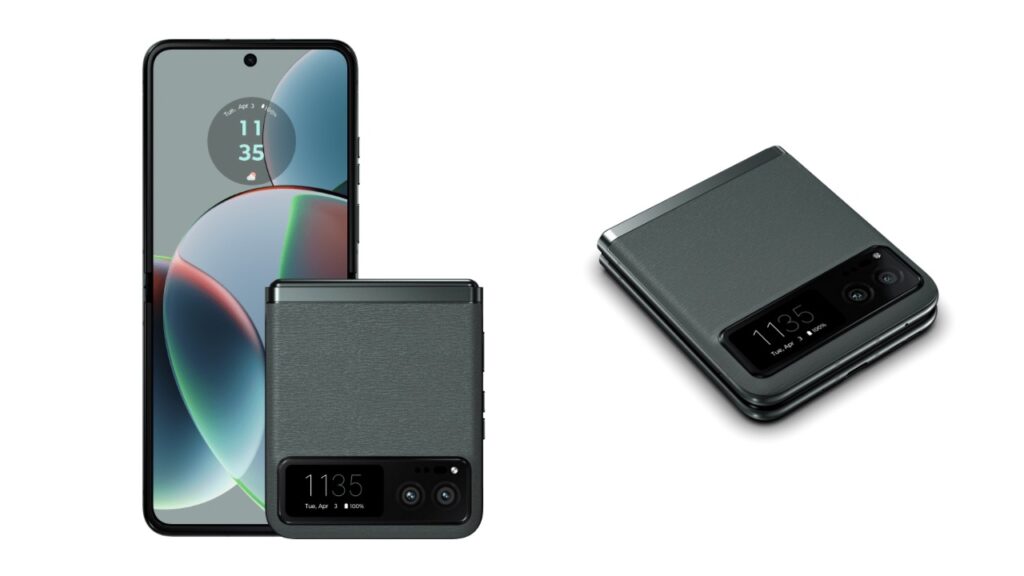
Motorola Razr 50 vs Razr 40: Software
The Razr 50 runs on Motorola Hello UX based on Android 14 and includes Google Gemini integration, which promises an enhanced AI experience and additional features. In contrast, the Razr 40 operates on MyUX based on Android 13 (we are not sure if it has the Android 14 Update). The Razr 50’s extra software update and AI enhancements make it a more future-proof choice with a potentially richer user experience.
Related Stories:
Motorola Razr 50 Launched in India: Should You Buy it?
Motorola Edge 50 Neo 5G India Launch Confirmed
Motorola Razr 50 vs Razr 40: Camera
The Razr 50 boasts a dual rear camera setup with a 50MP primary sensor and a 13MP ultrawide + macro camera. It also features a 13MP selfie camera. The Razr 40, however, has a 64MP primary sensor and a 13MP ultrawide camera, with a 32MP front camera. While the Razr 50 benefits from advanced AI features for enhanced photography, the Razr 40’s higher Resolution cameras may still offer superior image quality, particularly in terms of detail and low-light performance.
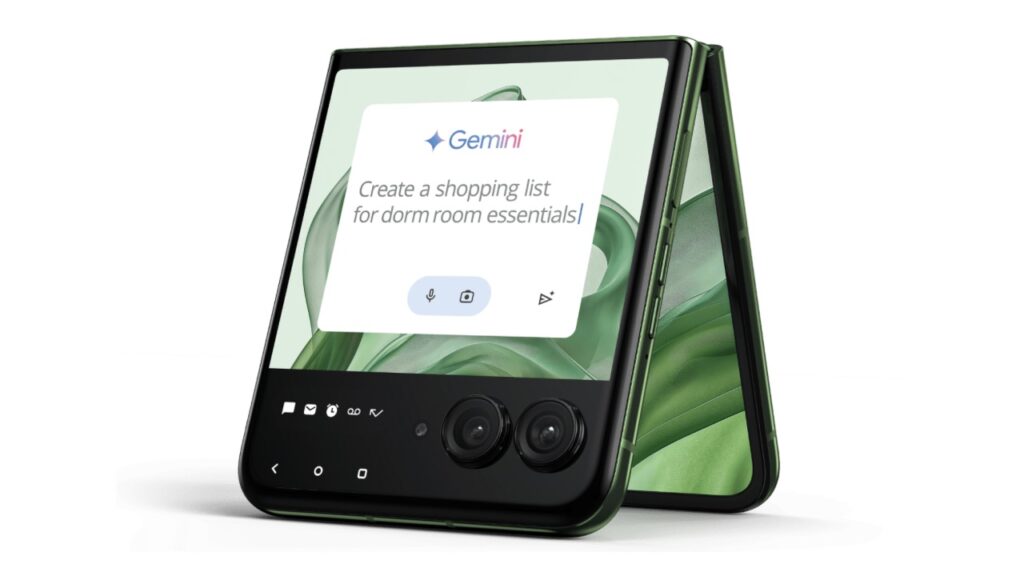
Motorola Razr 50 vs Razr 40: Battery and Charging
Both devices come with a 4200mAh battery. The Razr 50 supports 30W wired and 15W wireless charging, while the Razr 40 supports 33W wired and 5W wireless charging. Although the Razr 40 offers faster wired charging, the Razr 50’s charging capabilities are adequate for most users and are complemented by improved overall efficiency.
Motorola Razr 50 vs Razr 40: Which one should you choose?
The Motorola Razr 50 stands out with its upgraded display, enhanced water resistance, and newer software features. Its pricing and discounts make it an attractive option compared to the Razr 40, which remains a strong contender due to its superior camera hardware and faster charging. For buyers seeking the latest technology and a better overall experience, the Razr 50 offers significant improvements and value, making it the preferable choice in the current mid-range foldable smartphone market.


